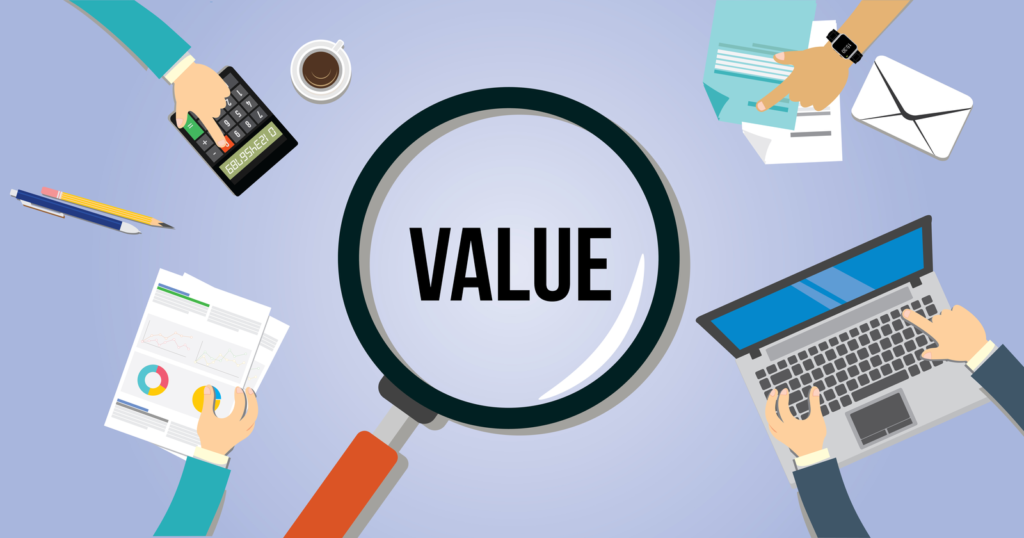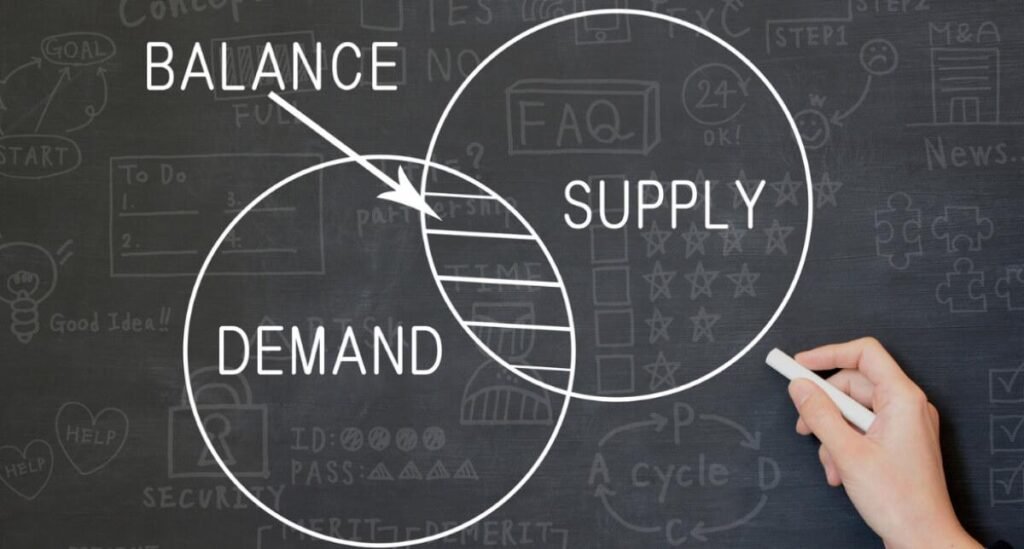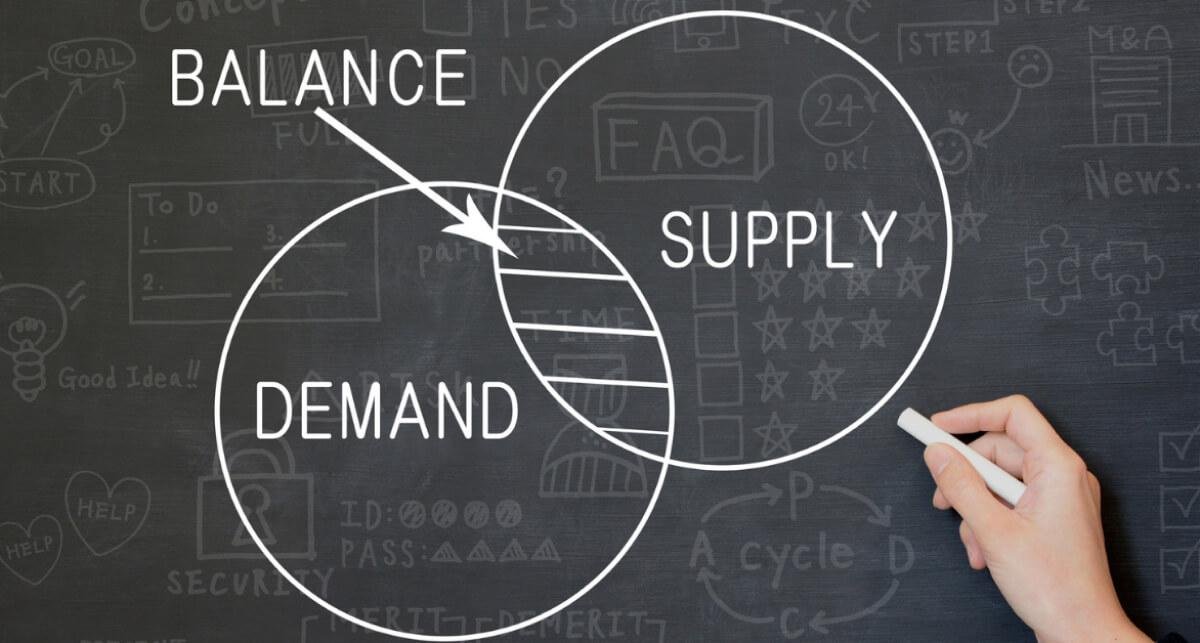
Creating value can never be bad, regardless of the motive, and I will explain why!
However, before I begin, let us see what Artificial Intelligence has to say.
I ask a conversational app about its thoughts.
Below is an question I posed to the AI app GPT-3. The question is: Will creating value ever be a bad thing?
Here is what it had to say;
“It is generally considered a good thing to create value, as it can benefit both the creator and the recipient. However, it is possible for the creation of value to have negative consequences or to be pursued in an unethical or harmful manner.
For example, if the value created is based on exploiting others or causing harm to the environment, it may not be considered a good thing. Additionally, if the pursuit of creating value becomes the sole focus, it can lead to unethical behaviour or a lack of consideration for the well-being of others.
Overall, it is crucial to consider the motives and consequences of creating value and ensure that it is done responsibly and ethically.”–ChatGPT-3

I have qualms with the answer for several reasons, one being diplomacy. This software certainly feels like a PR personnel; in other words, it is cautious in its responses.
But in a world where we try not to offend, I see its place.
But, people can be passive and reluctant to act on tasks that could have value for them and others. Either you have ambition at that moment in your life, or you do not. I want to discuss my blatant disregard for the negative connotations that come with value creation. Issues that may be social, environmental etc.
The point I hope to bring across is that the term value in itself has several positive attributes.
Value is a powerful word. Also, in a liberal world, the very definition of ethics is continuously questioned. People are increasingly making utterances like, ‘Your bad may not be mine.’ I do not disagree with that utterance, but it bothers me. Why? Because it means that we live in a world with an ethically shaky foundation or a world with multiple tiers of ethics. So dialogue and policy must be to decide which values are non-negotiable for all parties, in other words, ethical/value essentials. Everything else could be negotiable.
The truth is the world already flows this way, but we are not ready for that conversation. For instance, the sale of alcohol and drugs can be considered ethically corrupt, at least to some of us, if we are really maintaining an open mind. But oftentimes, that drug trading follows a demand and supply pattern. Meaning condemnation should apply to both the seller and consumer.

Humans are smart enough to challenge any narrative, even the ‘good‘ ones.
We are smart enough as humans to conceive how a seemingly destructive practice of selling alcohol can create value. It can create value in several ways, including some that you have concocted in your mind.
And the cessation of Alcohol(Ban on alcohol) only makes this business more illicit. Damage management is the key to much of this. Rather than condemning human inclines, work with those individuals to look at ways to manage the damage their trade could bring. You will only quell their ambition by potentially corrupting your own oath. Their ambition is their value, and their businesses in that value amended. They are not being passive. Passivity is a curse, maybe the worst yet.

Focusing on being a person of value with a footprint and dedication is essential. Because that alone will help us in all states of life. During times of harsh adversity, that will help! That ideal is important to remember at that point in our lives when the crowd has left us, in the dungeons, when we are on the edge of hopelessness.



